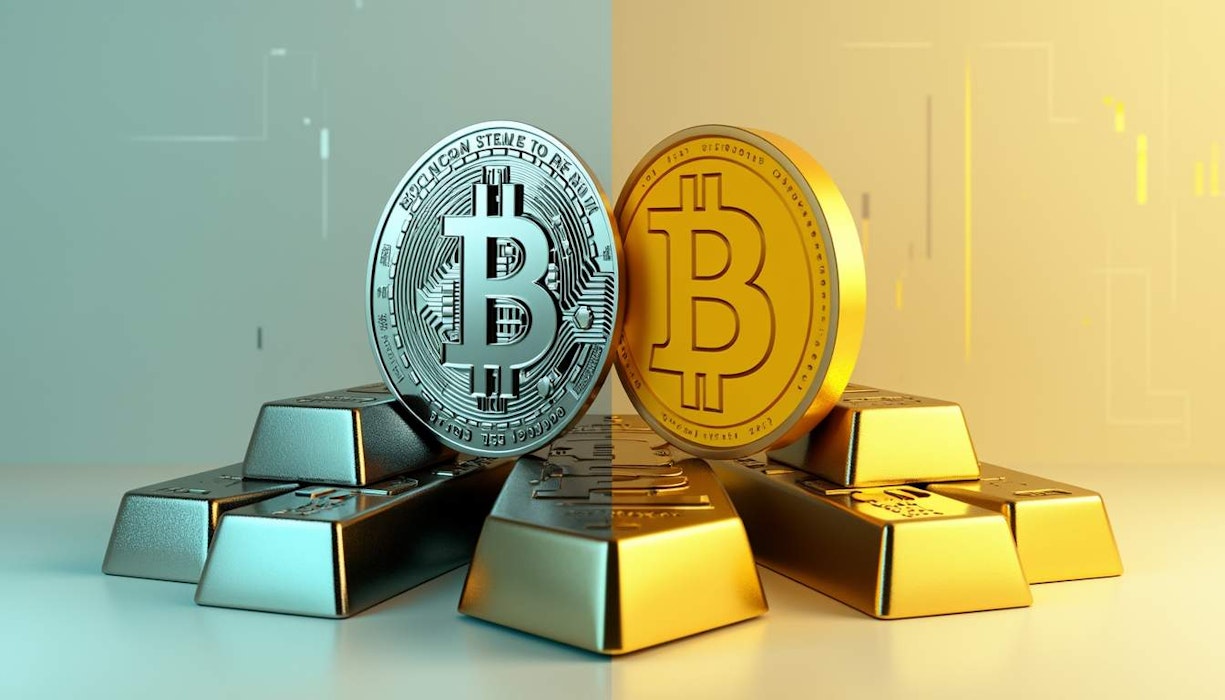Is Bitcoin a Future Reserve Asset?
Q: What factors make Bitcoin an alternative to gold as a reserve asset?
Bitcoin's appeal as a reserve asset stems from its fixed supply of 21 million coins, making it immune to inflation unlike traditional fiat currencies. It also boasts portability, divisibility, and a verifiable blockchain, facilitating global transactions. Powell himself remarked on Bitcoin's similarity to gold, albeit in a digital guise.
Why is Gold Still the Go-To for Central Banks?
Q: What are the downsides of having Bitcoin as a reserve asset?
Despite Bitcoin's performance—outpacing gold in 2024 with gains of 37% compared to gold's 23%—central banks remain attached to gold. The risks of volatile price swings, regulatory uncertainty, loss of digital keys, and environmental concerns keep Bitcoin at bay for many.
How Does Bitcoin Compare to Gold in Terms of Stability?
Q: Is Bitcoin as stable as gold?
Bitcoin is far more volatile than gold, with studies showing a daily standard deviation of 5.76%, more than twice that of less volatile assets. Gold, often viewed as a safe haven, has historically exhibited more stable performance.
Could Bitcoin Aid U.S. Economic Power?
Q: Would dominating a large segment of the Bitcoin network increase U.S. power?
Controlling a large segment of Bitcoin would grant considerable influence, but the economic implications are questionable. Such control would not augment U.S. monetary policy or the broader economy.
What is Saylor's Proposal?
Q: What does Michael Saylor propose regarding Bitcoin?
Saylor suggests that the U.S. should sell off its gold reserves and invest in Bitcoin, potentially acquiring around 5 million Bitcoins. This move could offer the U.S. control over the “reserve capital network,” according to Saylor.
Q: What do the implications of Saylor's vision entail?
Saylor's vision is ambitious and fraught with risks, especially considering Bitcoin's volatility and evolving regulatory landscape.
